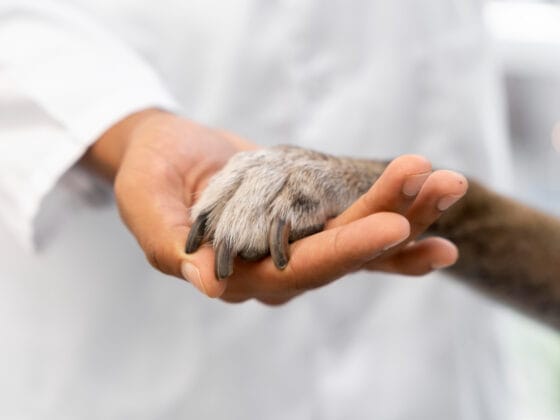The History of „Pies Ile Ma Kolan” in Polish Culture
Poland is a country rich in cultural traditions, and one of the most beloved and iconic phrases in the Polish language is „Pies Ile Ma Kolan.” This phrase, which translates to „A dog has as many knees as it wants,” has deep roots in Polish folklore and has become a popular saying used in everyday conversations. In this article, we will explore the origins of this phrase, its cultural significance, and how it is used in modern Polish society.
The Origins of „Pies Ile Ma Kolan”
The exact origins of the phrase „Pies Ile Ma Kolan” are unclear, but it is believed to have originated from Polish folk tales and proverbs. In Polish folklore, dogs are often portrayed as wise and cunning creatures, and their actions and behavior are often used to convey moral lessons. The phrase „Pies Ile Ma Kolan” is thought to have been used to emphasize the idea that dogs are free creatures who can do as they please, just like humans have the freedom to make their own choices.
The Cultural Significance of „Pies Ile Ma Kolan”
„Pies Ile Ma Kolan” has become deeply ingrained in Polish culture and is used in a variety of contexts. It is often used to express the idea that individuals should have the freedom to live their lives as they see fit, without unnecessary restrictions or interference. This phrase is particularly relevant in a country with a long history of political and social struggles, where the concept of personal freedom holds great importance.
Furthermore, „Pies Ile Ma Kolan” is often used to convey a sense of humor and playfulness. It is a lighthearted phrase that can be used to diffuse tense situations or to bring a smile to someone’s face. In this way, it serves as a reminder not to take life too seriously and to find joy in the simple pleasures.
Usage in Modern Polish Society
Despite its origins in folklore, „Pies Ile Ma Kolan” is still widely used in modern Polish society. It can be heard in everyday conversations, in literature, and even in popular media. The phrase has become a part of the Polish vernacular, and its usage extends beyond its literal meaning.
For example, „Pies Ile Ma Kolan” can be used to express the idea that rules and regulations should be flexible and adaptable to individual circumstances. It can also be used to encourage people to think outside the box and challenge conventional wisdom. In this way, the phrase has taken on a metaphorical meaning that goes beyond its literal translation.
Examples and Case Studies
To illustrate the usage of „Pies Ile Ma Kolan” in modern Polish society, let’s consider a few examples:
- Imagine a group of friends planning a trip. One friend suggests a strict itinerary, but another friend responds with „Pies Ile Ma Kolan,” suggesting that they should be open to spontaneous adventures and not be bound by a rigid schedule.
- In a business context, a manager might use the phrase to encourage employees to think creatively and find innovative solutions to problems, rather than sticking to traditional methods.
- In a political debate, a politician might use „Pies Ile Ma Kolan” to argue for less government intervention and more individual freedom.
Summary
„Pies Ile Ma Kolan” is a phrase deeply rooted in Polish culture and folklore. Its origins may be unclear, but its cultural significance and usage in modern society are undeniable. This phrase serves as a reminder of the importance of personal freedom and the ability to make one’s own choices. It is a lighthearted expression that brings joy and humor to everyday conversations. Whether used literally or metaphorically, „Pies Ile Ma Kolan” continues to be a beloved and cherished part of Polish language and culture.








